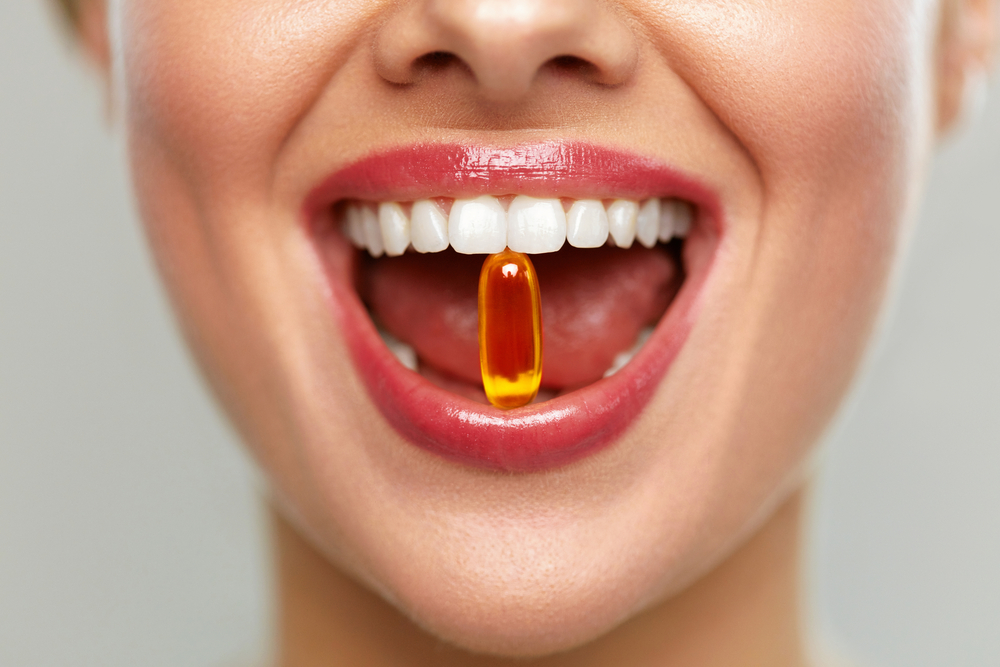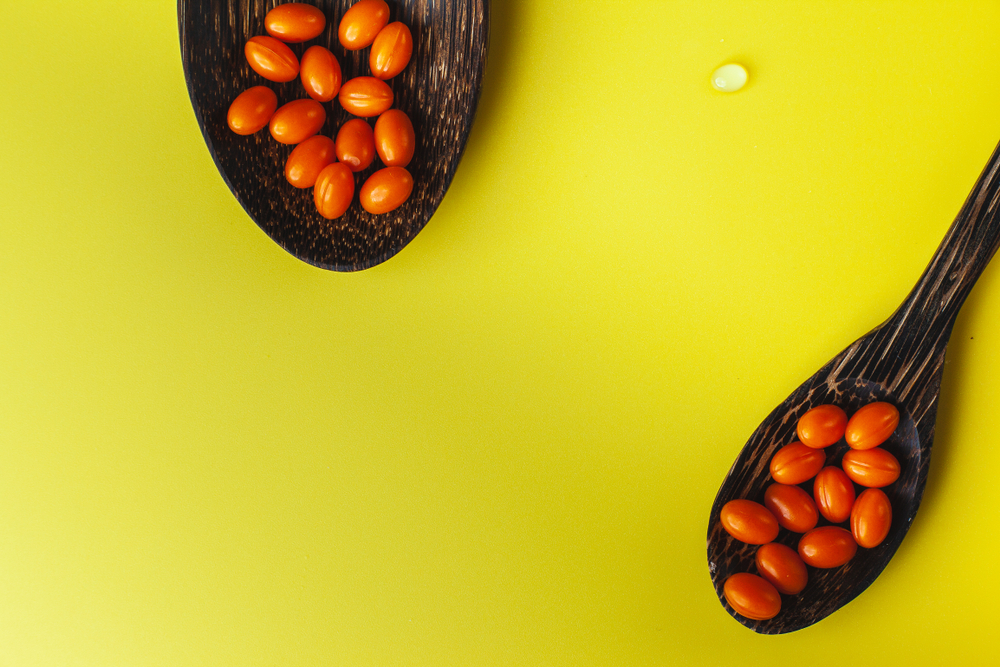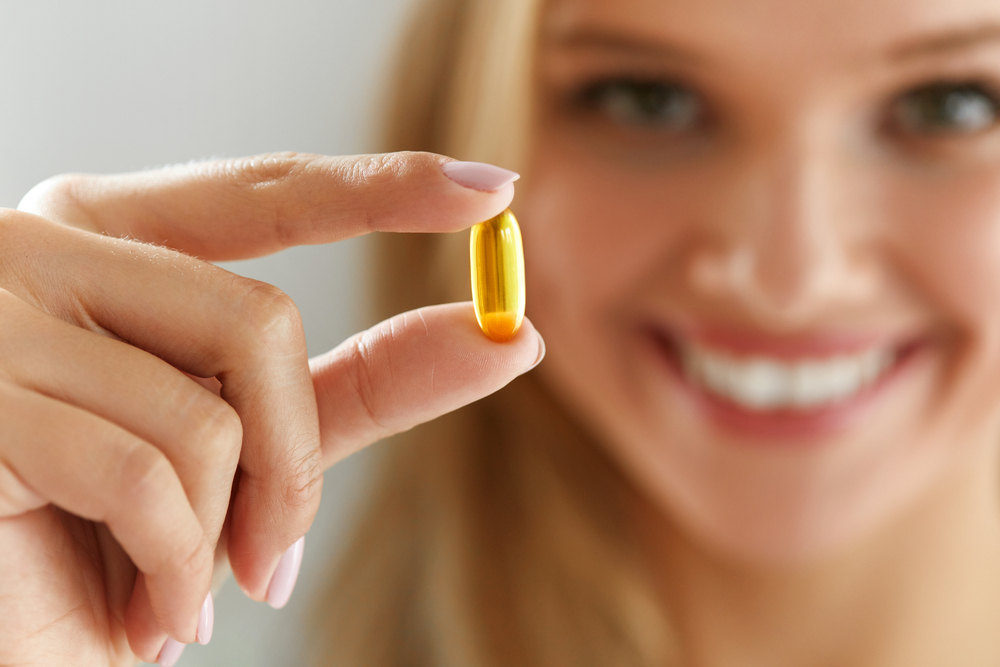In the field of sports, most athletes or adherents practice sports with the aim of obtaining muscles. In addition, they combine a suitable diet withessential supplements such as antioxidants. But what are the specificities of the latter as well as their roles in the body.
The antioxidant, a food supplement with an oxidation phenomenon
Cells are the basis of the body's functioning. The life span of some cells is 120 days. This is the case with red blood cells, which carry oxygen to the muscles and other tissues. This is why they are actually sensitive.
Given the situation, it is essential to have oxidation in order to make the efforts during sports sessions excessive and indeed make recovery easier. During oxidation, electrons disappear, more precisely at the molecular and atomic level. This mechanism also leads to the production of energy in the form of electron transport. But it is possible for the energy to be destructive if it is not gathered in a proper way.
Note that most oxidations are excellent. This is the case for the oxidation of fats. Indeed, oxygen is essential in the oxidation phenomenon. It is obviously kept in the form of oxygen (O2). This makes it easy to control its behaviour in the body.
What is a free radical?
A free radical is a molecule containing only one decoupled electron. In fact, the electrons work in pairs. In the event that one of them disappears, the other will do its utmost to find a pair again. This is why free radicals are reactive. In the body, the majority of free radicals contain oxygen. The creation of these free radicals depends on the breakdown of radiation and peroxides. This can lead to various cancers.
Free radicals play an important role in the body. First of all, it accelerates the ageing process. Once it is formed, it combines with other components called antioxidants.
Antioxidants, what are they?
Antioxidants are simply substances that inhibit oxidation. More precisely, they are substances used to prevent damage to stored food products. They allow the destruction of oxidising agents that are probably destructive in the body.
In antioxidants, many food substances are available. There are, for example, beta-carotene, carotenoids, vitamin C and lycopene.
It should be noted that antioxidants are useful in the body. They fight against the occurrence of diseases. Heart problems, dementia and cancer are linked to the maximum amount of oxidative substances and inflammation. In other words, oxidation is simply a chemical reaction that produces free radicals. These also lead to chemical chain reactions that destroy cells.
Antioxidants are essential in the human body as they help prevent the risks caused by blue light, dietary imbalance, sun exposure, high levels of stress and chemical exposure. They defend healthy cells by stopping the development of cancer cells.
What are the types of antioxidants?
There are different types of antioxidants in the body. There are those that are water soluble and others that are fat soluble. Others persist in large molecules called biopolymers.
Antioxidants enable free radicals to resist their harmful actions on tissues. Glutathione and vitamin C are water-soluble antioxidants. As for the fat-soluble cleaners, there are still carotenes and alphatocopherol.
Another essential antioxidant for the body is selenium. Selenium is a metal source of an enzyme that is capable of damaging free radicals. And according to the opinions of health professionals, antioxidants purify and overpower free radicals. Some of them can prevent the creation of a free radical. To do this, they render a metallic element inactive to encourage its formation. This is the case with iron and copper. This inactivation makes it possible to bind with the remains of the metal.
What are antioxidant food supplements?
Antioxidants are substances found in food supplements. They can be found in superfoods such as spirulina (phycocyanin) or the following vitamins:
-
Vitamin C
This type of vitamin is water soluble. Thus, the body has little storage capacity. When a person is under emotional stress or cigarette smoke or fever, they actually consume more vitamin C.
-
Vitamin A
Vitamin A is soluble in fat. This offers the body the ability to deposit it. For the preservation and integral maintenance of lung tissue, this type of vitamin plays an important role.
-
Vitamin E
As with vitamin A, this is also fat soluble. Since it is rare to have a vitamin E deficiency, it is also known to support the cell membrane against oxidation.
Apart from vitamins, antioxidants are also found in minerals.
-
Selenium and glutathione
Since antioxidants occur in this selenium, it thus helps to fight cancer. While glutathione plays a role in liver weaning in alcoholics. Like selenium, it also prevents glutathione.
-
Lutein, resveratrol and astaxanthin
Essential for the eyes, heart, immune system, skin and arteries, lutein minimises the risk of developing breast, lung, colon and cervical cancers. Resveratrol is an antioxidant that defends the arteries and the heart. Finally, astaxanthin delays ageing, increases vitality and supports joint health.
-
Ubuquinol
A dietary supplement,ubiquinol (also known asCoQ10) is a powerful antioxidant, used in the formulation of various anti-aging creams. It prevents oxidative stress and supports cardiovascular health. Apart from that, ubuquinol protects certain vital organs and prevents certain diseases. It is a crucial nutrient for the brain and the heart. It also plays a protective role for red blood cells. Finally, it supplies sufficient energy to the muscles and tissues.




